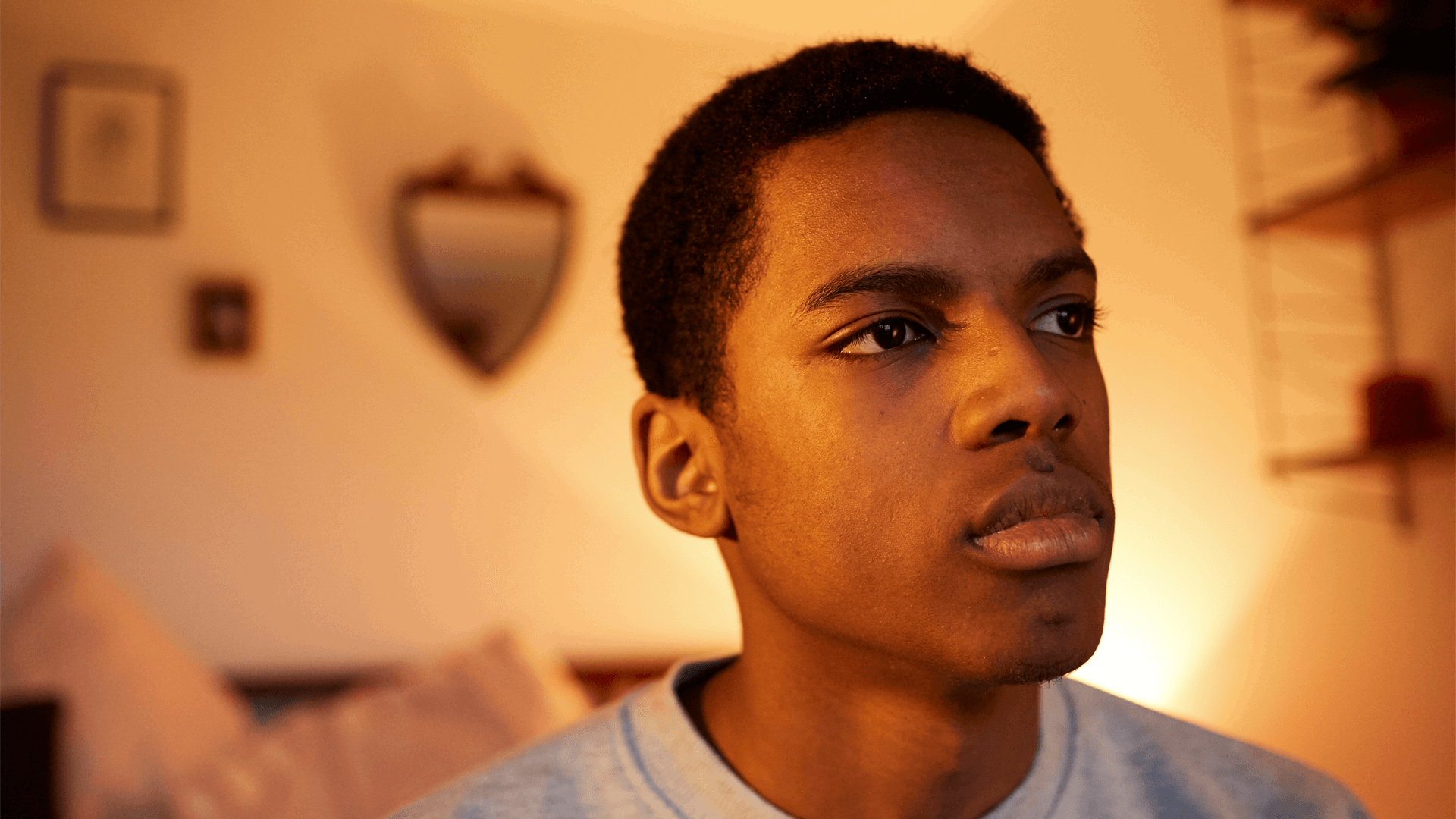What is mania?

Mania is a feeling of being extremely 'high', with lots of energy and enthusiasm. It's different from a normal good mood, because the feelings are very intense and go on continuously for a long time.
Mania can appear as part of bipolar disorder, or on its own.
Hypomania is a milder form of mania.
The symptoms of mania

Here are some common symptoms of mania and hypomania:
- feeling ‘high' or intense happiness
- increased confidence and energy
- increased irritability and aggression
- heightened senses
- not needing much sleep
- getting easily distracted
- talking a lot and very fast
- feeling full of ideas
- difficulty relaxing
- being more social
- risky behaviour, like going on a spending spree
- increased sexual desire
- poor judgement
What to do about mania

Take the first step
If you're experiencing extreme moods, talk to someone you like and trust, like a teacher, relative, counsellor or friend.
You should also see your GP. They may offer to refer you to Child and Adolescent Mental Health Services (CAMHS), an expert or a psychiatrist who can help you.
Remember that you are not alone - help is available.
Treating mania

Both mania and bipolar disorder can be easily treated. You might be offered medication or therapy, including cognitive behavioural therapy (CBT).
You may be asked to keep a mood diary to help you keep track of any patterns in your mood and triggers like alcohol or stress.
More information and support
Get help now
Where to get help
If you're worried about your mood or feeling out of control you are not alone. Here are some organisations who can support you.
-
Samaritans
Whatever you're going through, you can contact the Samaritans for support.
- Opening times:
- 24/7
-
Childline
If you’re under 19 you can confidentially call, chat online or email about any problem big or small.
Sign up for a free Childline locker (real name or email address not needed) to use their free 1-2-1 counsellor chat and email support service.
Can provide a BSL interpreter if you are deaf or hearing-impaired.
Hosts online message boards where you can share your experiences, have fun and get support from other young people in similar situations.
- Opening times:
- 24/7
-
The Mix
Offers support to anyone under 25 about anything that’s troubling them.
Email support available via their online contact form.
Free 1-2-1 webchat service available.
Free short-term counselling service available.
- Opening times:
- 3pm - 12am, seven days a week





